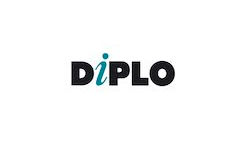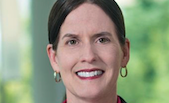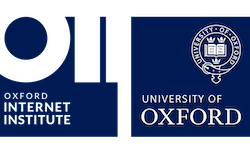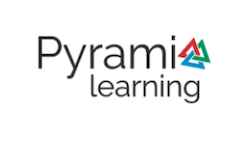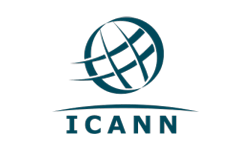Early Career Fellowship > Curriculum
Curriculum
Our Fellowship curriculum, created by renowned scholars and experts, is designed to give Fellows insights into the Internet, the regulatory forces shaping its use and much more.
Key topics include:
- Internet History
- Internet Architecture
- Internet Governance
- Core Internet Characteristics
- Internet Stress Tests
- Internet Policy and Regulation
- Growing the Internet and Building Networks to Connect the Unconnected
- Strengthening the Internet
- Internet Threats and Solutions
- Project Management
- Communications
- Advocacy
- Digital Diplomacy
Coursework is delivered through a combination of online lectures, tutorials, live interactive seminars, events, and discussion sessions with faculty, experts, and guest speakers.
Onboarding
The Fellowship Onboarding is comprised of two sessions and one Personalized Learning Plan assignment.
- Session 1 is an overview of the Early Career Fellowship, in which the Internet Society team presents the program’s structure, lecturers, speakers, and the range of support mechanisms available to the Fellows.
- Session 2 is an introduction to the Internet Society, its history, accomplishments, and current priorities.
- The Personalized Learning Plan assignment contains questions to encourage the Fellows to write out their own intentions and goals for the program.
Core Modules
Module 1: The Internet Ecosystem
Led by Dr. Laura DeNardis, professor at the School of Communication at American University and faculty director of the Internet Governance Lab.
This module focuses on building the fellows’ knowledge of the Internet, its technical development, governance, key challenges, and opportunities.
Module 2: Trending Internet Issues
Led by the Oxford Internet Institute
This module gives the fellows in-depth presentations and interactive conversations about key Internet issues with specific emphasis on the impacts of policy developments on the technical infrastructure of the Internet (and vice versa).
Module 3: Project Management
Led by Pyramid Learning
Fellows hone their project management and development skills through a course developed by Pyramid Learning, project workshops, and through project development mentorship.
In the project management course, they learn the skills to lead and manage projects through the entire project cycle, helping them successfully deliver projects on scope, on time, and on budget.
Through project workshops, the fellows have the opportunity to present the progress made on their projects in a group session to get feedback from their peers.
Module 4: Advocacy, Communications and Digital Diplomacy
Led by Diplo, Internet Society and Internet Society Foundation
Whether fellows are working in the technology, business, academia, civil society, or policy sectors, it is essential that they understand how to work with other stakeholders to advocate for a particular technology policy position, or other Internet-related key issue. The tools and skills fellows learn in this module will allow them to present their position with clarity, conviction, and purpose, and grow their mindset, confidence, and ability to engage with a wide variety of key audiences.
This module ends with an understanding of digital diplomacy, and how to build a roadmap to keep defending the Internet after the fellowship.
Transversal Components
Transversal components are essential parts of the fellowship and are meant to complement and support the learnings and deliverables of the four modules.
Leadership Development
The Leadership Development Guest Speakers Series exposes fellows to leadership thinking and doing across the ecosystem and beyond, drawing on individuals and experiences that encapsulate multi-stakeholder approaches and multi-disciplinary thinking.
Project Development Mentorship
Each fellow is paired with a project development mentor who has a proven track record within their relevant area of interest so they can learn first-hand from someone in their desired field.
Internet Society Courses
Fellows are encouraged to take these Internet Society-provided courses, covering key Internet policy and technology issues:
Check-Ins
At least once a month, Fellows can meet with the Fellowship’s Coach for an informal check-in. In these sessions, the coach answers questions, guides them along the program, is a sounding board, and provides general support needed to develop and grow.
Moreover, fellows can check in with an advisor, an Internet Society expert that guides fellows on who to get involved and engage in the Internet Society’s work, and advance its mission.
The Symposium
The fellowship culminates in the symposium, in which the fellows present their work, how they have benefitted from the fellowship, how they will leverage their multidisciplinary and multistakeholder skills, and their plans for taking their learnings and accomplishments beyond the fellowship.
Image copyright: © Urban Pixel Lebanon
